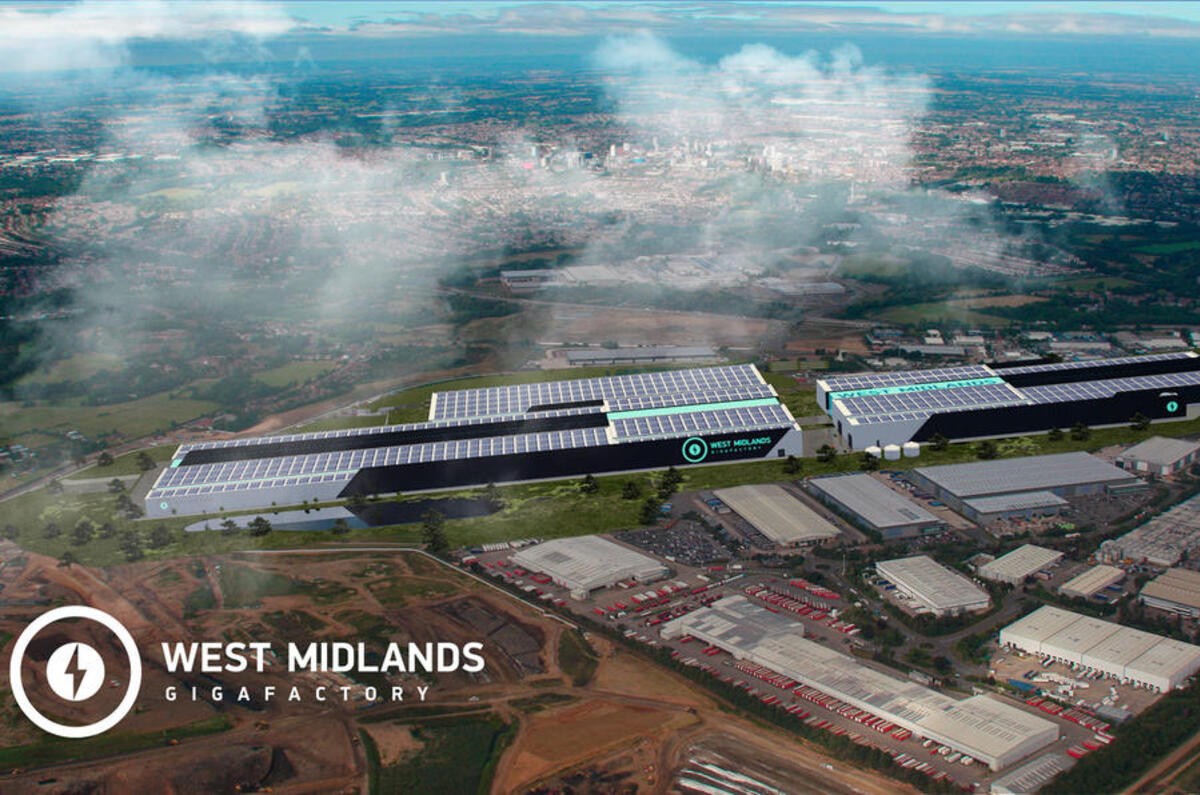The leaders of the West Midlands Gigafactory (WMG) project have called for further government investment in UK battery manufacturing, following Tata’s announcement that it will spend £4 billion to open a factory in Somerset as soon as 2026.
The start-up said in a statement that the government’s commitment to UK automotive (through the Tata plant) made it “clear the UK government recognises the urgency of supporting the UK’s mobility and energy storage sectors”.




Add your comment